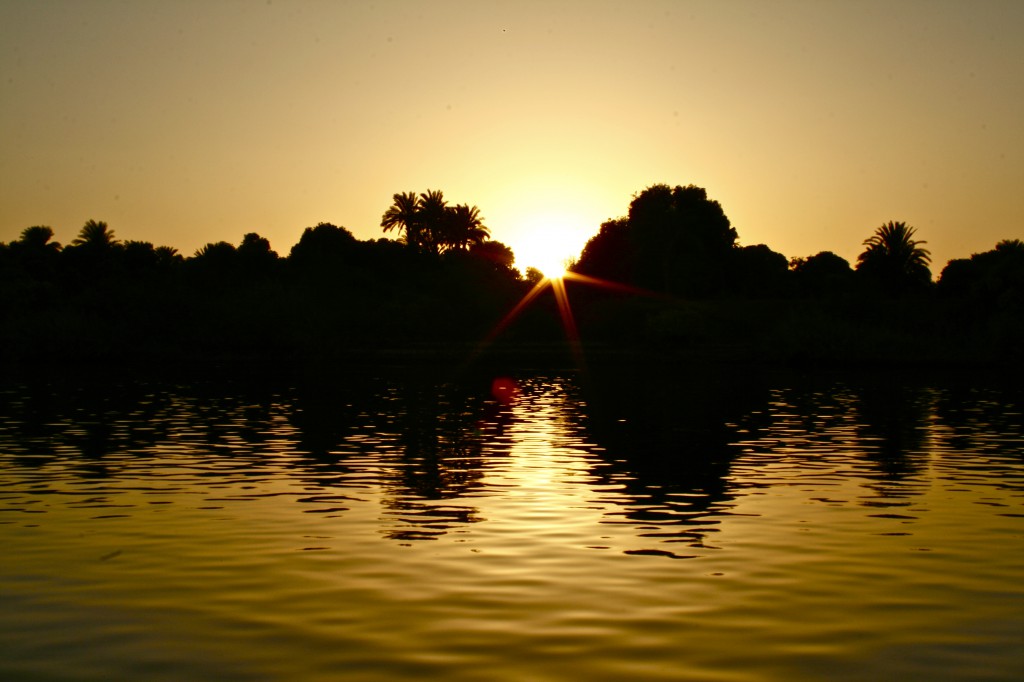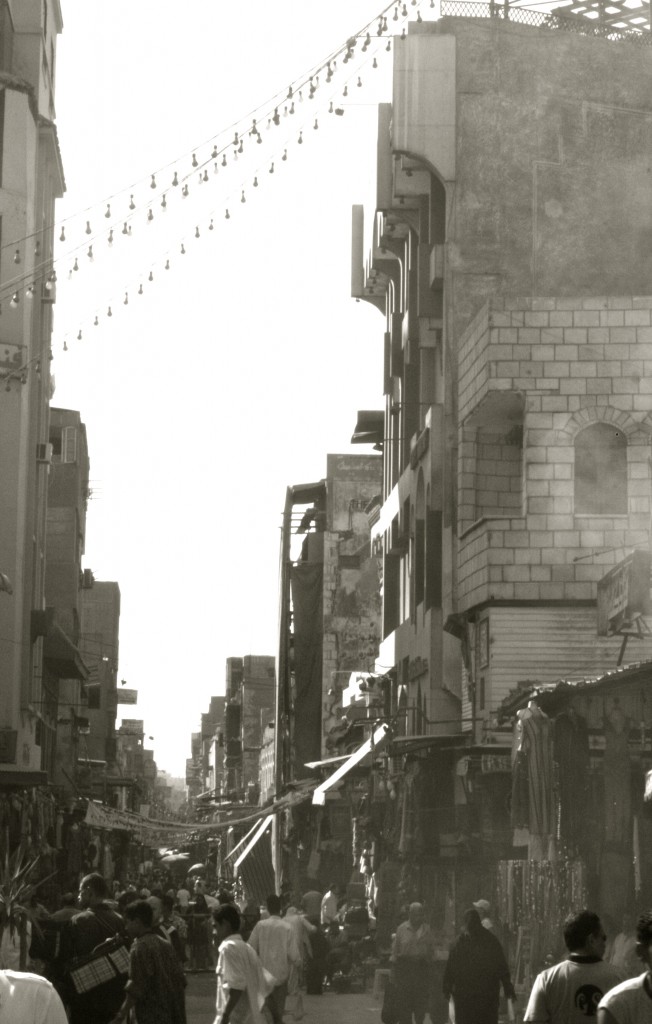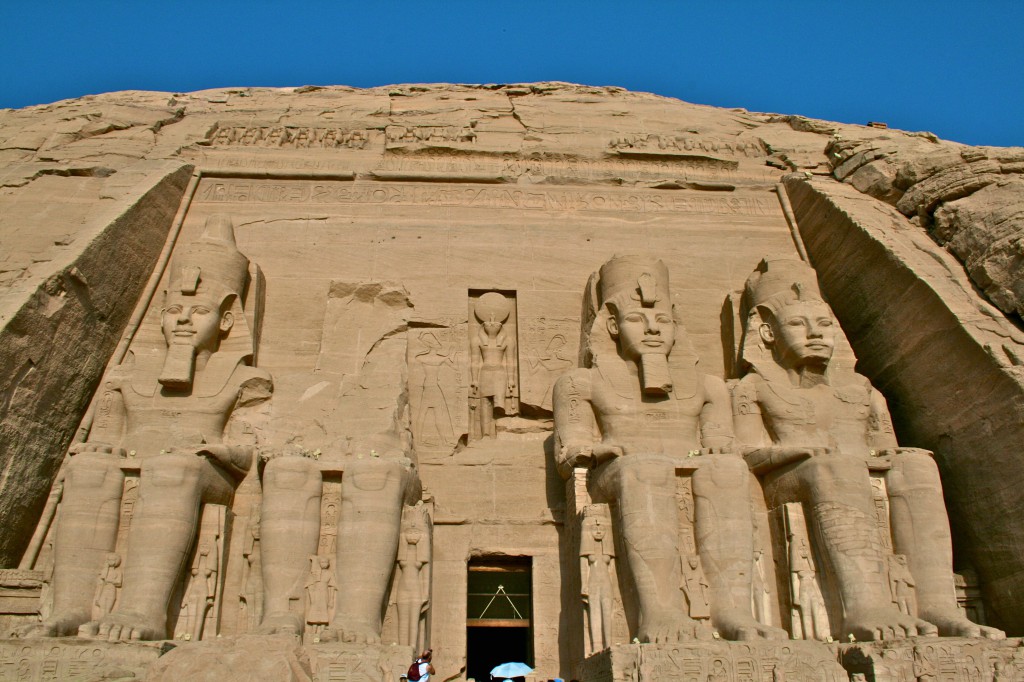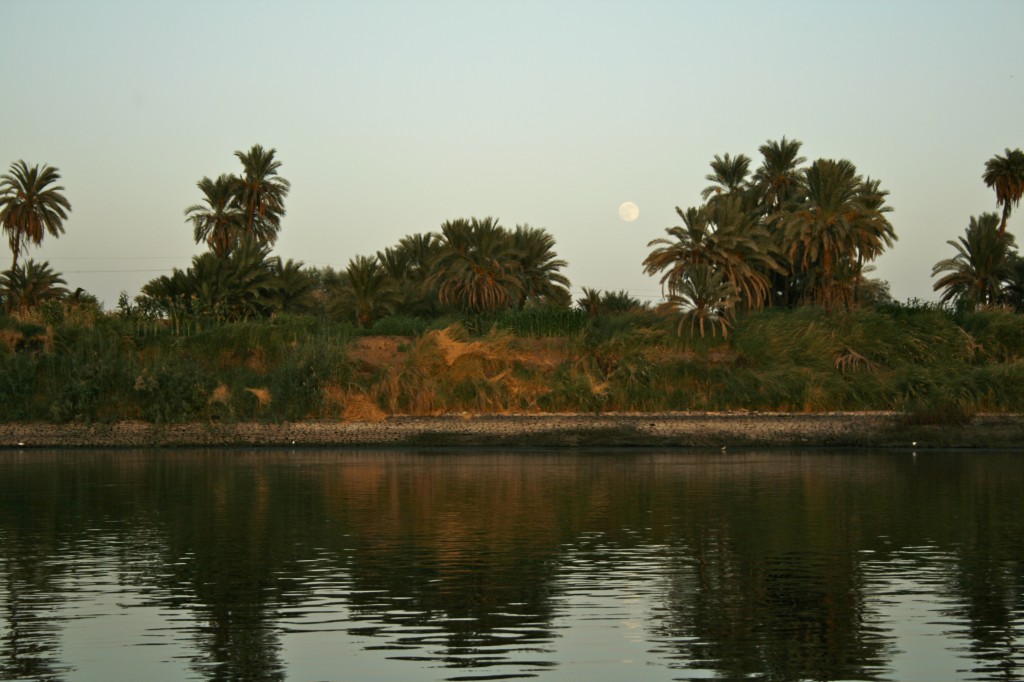We arrived at the airport in Luxor so we could catch our flight back to Cairo for two final days in Egypt. It had been a long 10 days up to this point. Almost everything about the country overwhelmed me, and I was not looking forward to returning back into the middle of it. Four days in crazy Cairo upon arrival almost had me packing to leave right away. The crowds, the pestering for goods and services I neither needed nor wanted, the lack of any real connection to the people I was meeting and let’s not forget Egypt’s infamous expectations of backsheesh for even the most mundane task.
I had dealt with most of these things before in other countries. But, in Egypt, it was different. Here it was more than an minor annoyance. Here it was depressing. As I watched people going about their daily lives, there was a sadness in their face that I had never come across before. There was a desperation in the air thicker than the humid pollution visibly blanketing Cairo. I would have chalked it up to daytime hunger induced by the daily Ramadan fast. But, I had just come from Turkey where I never saw people like this.
Beneath the hustle and bustle of Cairo’s busy streets, lay a dark reality: these people had no hope for a better future. Behind every aggressive vendor at the market, behind every tenacious offer to take my picture at the pyramids, behind every hand asking for backsheesh, was someone desperate to survive.
We took the night train to Aswan, our gateway to see the the fabled Abu Simbel. To go, we had to pack into a convoy in Aswan with police or military escorts. Really? Weren’t we in the middle of the desert? I wasn’t sure if I should be thankful for the escort or concerned about the stability of Egypt.
Even in this rural part of Egypt, I encountered the same sad faces and desperation. Felucca operators following us down the street, offers for guides to Abu Simbel, and shop owners desperate for us not to leave without a purchase, even shouting at us as we left marked our time in Aswan. And, most sadly for me as a traveler wanting to engage, any real connection that wasn’t based on a financial transaction still eluded me.
We boarded a small felucca to ride up the Nile for three days. It was by far the best part of my trip. It was just my friend, Zoe, and I along with two crew for the felucca and a guide. All were under 30 and I was anxious to talk to them, get to know them and ask a few questions.
By the second day, our three-man crew relaxed and opened up about their lives and life in Egypt. I had a deck of cards and we spent many an afternoon and evening playing, talking and listening to music played off my iPod and a cheap pair of external speakers. Shakira was particularly popular. It was then that I learned that while she may have been born in Colombia, she was part Lebanese from her father’s side. These guys seemed to take great pride in that fact. Whether it was her beauty, her music or her heritage, these guys loved them some Shakira. The more Shakira played, the more they relaxed around us and the more they opened up.
One was married, one had a girlfriend and the other was single. All used Facebook, MSN Messenger and were quite internet-savvy. As travelers, we asked them a lot about Egypt, places to see and things to do. They had lots of suggestions and showed great pride in their country. Yet, none of them had traveled internally much. They told us that it was very difficult for Egyptians to travel within their own country, not for financial reasons, but for legal reasons. I don’t remember clearly if they needed a permit. But, if it wasn’t that, it was something very close. The bottom line message from them was easy to remember: taking the train or bus or a car to go across the country just wasn’t done by the average Egyptian.
I had finally made a connection with these three guys. And through that connection, I got context and a bit of understanding of the world around me. They opened up about their frustrations about the government, the police, restrictions on the press and the lack of opportunities for them and their friends to earn a living. What they were doing at that moment might well be their job for the rest of their lives.
While traveling it can be difficult to process everything you hear and see. You only see slices of life at points in time. Maybe the person you talked to had a bad day. Maybe there’s seasonality in the rhythm of life that makes it a better or worse time to be there. Maybe it’s just you, your biases and your filters.
As I watch what’s going on in Egypt right now, I think back to my short period of time with those three young Egyptians. I think about what they told me about their lives. I wonder what they are doing right now. Are they in the middle of it? Or are they staying on the sidelines fearing a crackdown? Unfortunately, I will never know. But, whatever happens to Egypt over the next few days and weeks, I hope more than anything for their sake that hope returns to them and the country.
If you like this post, sign up for our newsletter or subscribe to our RSS feed to keep up with Career Break Secrets’ career break and travel advice.
Tags: Egypt










[…] This post was mentioned on Twitter by Abby Wilson, Abby Wilson and The 0-zone, The 0-zone. The 0-zone said: Is #Hope Coming To# Egypt: http://careerbreaksecrets.net/6693/jeffs-blog/is-hope-coming-to-egypt-putting-my-trip-in-perspective […]
I hope for the best, I’m worried of my coming trip. The pyramids are so close yet so far away.
One of my favorite things about travel is sitting around with locals and discussing life in this way. I learned so much about Spain life over a dinner party and wine. Everyone is proud of the country they hail from.
@Jane, crossing me fingers for you. I hope you have travel insurance, just in case.
@Erica, I agree with you 100%. Going local and getting to know the people who live there is always a treat and an education.